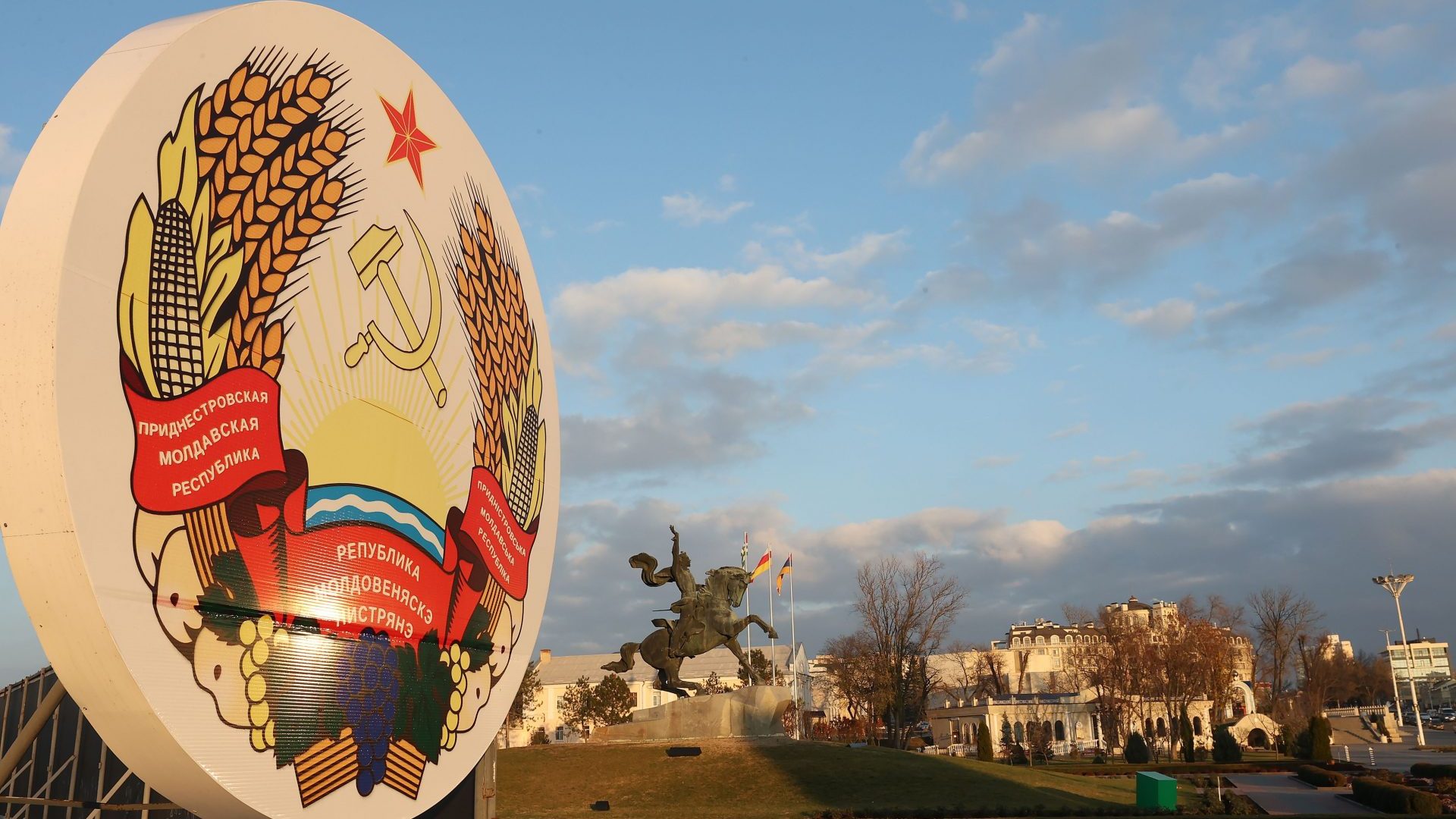I was walking home from my job as a language assistant in a Spanish primary school and there, at the end of the road, the word BRIT stared down at me from the side of a ferry. I had left Britain for Santander, but it seemed that Britain would not leave me.
I had always desperately wanted to live abroad, and yet in Spain I found myself faced with the fact that I was unavoidably, helplessly, a Brit.
When I first moved here, it felt as if every time I spoke Spanish – or even when I was silent – some signal (a grammatical mistake, a mispronounced word, the way I dressed) seemed to scream “EXTRANJERO”, “FOREIGNER”, strange, different, other, causing people to switch to English, or even avoid me completely.
I had always taken the privilege of fitting in for granted: of being a native speaker with the right accent and the knowledge of how to interact effortlessly. But that was stripped from me in Spain: my neighbour asking me if I was English after I simply said “Hola”; my co-workers taking months to talk to me or even acknowledge me because they assumed I didn’t speak or understand Spanish; people at bars and clubs turning their nose up at me when they heard I was British – “Your people ruin our country”.
These small events piled up, a constant reminder that I was seen as an invasive Brit, characterised by the worst parts of our country and culture. I felt trapped by the thing I had wanted to escape: the stereotype of the Brit abroad.
However, these frustrations of the first few months were not mine alone. My flatmates and friends, also English language assistants, had similar difficulties. Though we could all speak Spanish, we felt like failures, our confidence slowly deteriorating, especially for them as they were all American and had learned Latin American Spanish – the pronunciation is different. But within this shared struggle, we found solace.
But then we started to see the beauty in linguistic difference: it was not the alienating factor it had at first seemed, but a source of hilarity and joy.
First, in English, we discovered that Brits and Americans sing Away in a Manger to different tunes and that we pronounce our vowels so differently that some of them even struggled with my name. And then in Spanish, we started to collect differences and similarities like small gems.
The Cantabrian word for light rain that will drench you is calabobos “fool-soaker”. The Chilean word for boyfriend/girlfriend is pololo/a, compared with novio/a in Spain. The fact that Spanish also uses green as the colour to signify jealousy, which stems from Othello.
We traded in slang and sayings together and with our Cantabrian friends, and at last we started to feel accepted. It seemed obvious now: the fact that we weren’t Spanish was to be embraced. The fact that my friend Olivia’s Spanish contained both Mexican and Chilean slang was something to be maintained.
My own Spanish was not something to be ashamed of, my English accent not something to be eradicated.
The disgust I had always felt at the thought of my country, its bloody history, and embarrassing politics slowly began to be replaced with something akin to pride. Being British was a part of me, a part of my language, how I thought, and how I interacted with the world. It is home, for better or for worse, and I do miss broken Britain, in all her glory.
Amelie Baker is a British student studying in Santander


